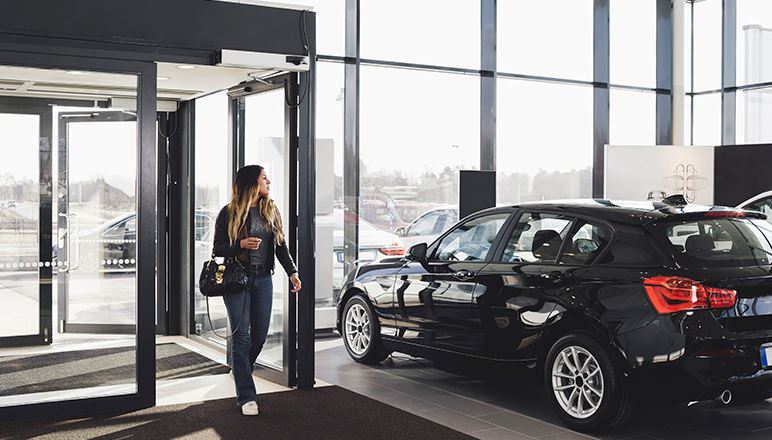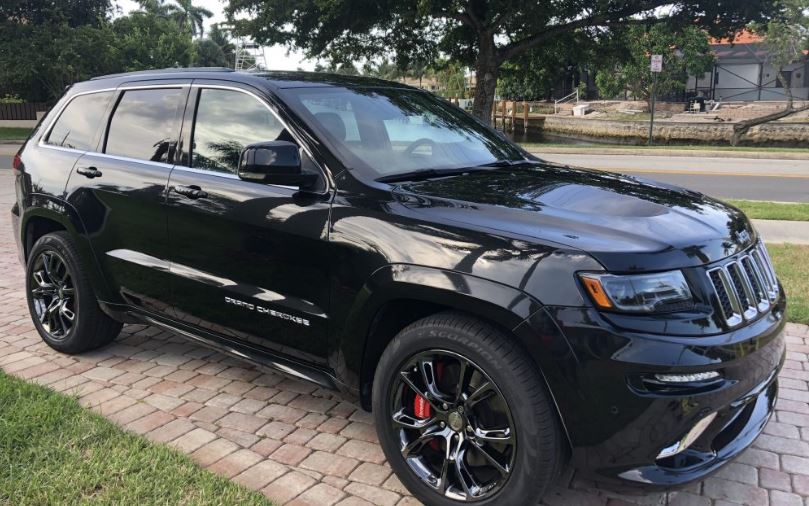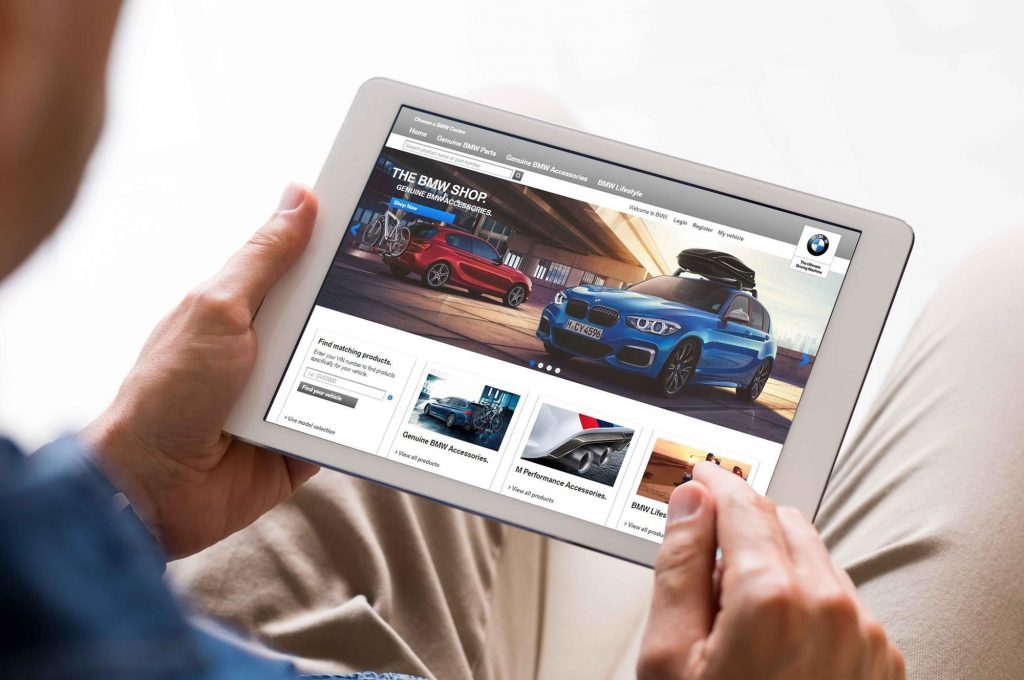Buying a new car is an exciting time but if you don’t know a lot about vehicles, it can also be a little bit overwhelming. There is a lot more to buying a new car than just how it looks of course, but what specifications are really important? There are a few things you need to know before you start the process of buying a car. We the Car Removal Perth team have outlined these below so you will have the information you need to not feel like a fish out of water when you go to buy your car.

What are Your Preferences?
Before you ever talk to a salesman or step foot on a lot, you need to have a good idea of what you’re looking for in a car. This does not mean that you have no flexibility, it just keeps you from purchasing something off of sheer emotion rather than looking at factors that you may need due to your lifestyle and budget.
Here are a few of the things that are good to know before your search begins:
- Do you have a preference for a certain make? – Are you a fan of a particular make of vehicle? Is this written in stone or just a preference? When it comes to choosing a car it is always better to know what make you prefer.
- What size vehicle are you looking for? – Are you single and looking for something small to get you back and forth to work or school? Do you have children and you want a vehicle with more room in it for everyone? Or do you want to get something racy and sporty? Size will determine a lot of things, but know ahead of time the size vehicle you are interested in.
- Do you want a certain color? – The color of your car isn’t necessarily something that is crucial but sometimes the color of a car is very important to a consumer. If you only are interested in white vehicles, knowing this ahead of time can reduce the amount of cars that you consider.
- Do you need or want a 4-wheel drive? – If you live in an area that gets a lot of snow or rough weather, you may be considering a 4-wheel drive. Again this is something that will reduce the amount of vehicles you will need to look at. If you want a 4-wheel drive and that is not a negotiable point, then you won’t need to bother looking at anything that doesn’t have it.
- Will You be Towing Anything with Your Vehicle? – If you are purchasing a vehicle to tow a boat or trailer, it will need to be a certain size and weight and have the ability to tow the things you need to tow.
- What Electronics do You Want in Your Vehicle? – Even though things like DVD players, stereos and GPSs can be added on, it is important to know if you want these in the vehicle you purchase.
- Do You Want Leather Seats? – This is another feature that can be upgraded or added on a new car, but again, you need to know ahead of time if you are set on leather seats or if you don’t really care what the upholstery is.
- Automatic or Stick? – Stick shifts or manual transmissions are sometimes regarded as difficult to drive but when you learn how to drive them, oftentimes they are preferred over automatics. If you need to have one of the other, you will need to know this ahead of time so you can eliminate the cars that don’t have the type of transmission you are looking for.
Important Specs to Look at When You Start Shopping
Once you have an idea of what you are looking for in a car, it’s important to know the specs that you should look at when you start the actual shopping process. These specifications are what determine the performance, gas mileage, power and other important factors the car has.
If these specs are not posted where you can see them, be sure to ask the salesman for this information. You may want to jot these specs down so you won’t forget any of them when you are actually looking at cars.
- Horsepower – The term that measures an engine’s output is called horsepower. Where horsepower comes into play in terms of being an important spec, is when you are purchasing a vehicle that you will be using for towing, hauling, working, etc. While you will still want a good, powerful car if you’re not using it for those things, it becomes less of an issue when it is just used for driving. There isn’t a “perfect” number for the right horsepower since other factors are involved in determining the performance of the car as well. Those include the weight of the vehicle, the aerodynamics it has and the gearing system.
- Gas Mileage – With gas prices fluctuating as much as they have been, many people want a car that gets good gas mileage. Something to be aware of is that the gas mileage readings that are on the car sticker are not obtained through what would be considered real world use in varied conditions. Those figures are estimates that are obtained from the federal environmental protection agency . They conduct their own tests, but since they are not conducted in real world situations, the actual gas mileage you get will not necessarily be what the sticker says they are.
- The 0 to 60 Spec – 0-60 is a measurement that states how long it takes the vehicle in question to go from zero, a standstill, to 60 mph. These numbers are usually obtained by either professional drivers on a test track or from the factory. Why is this important for you to know? Aside from just sounding cool when the 0 to 60 rating is fast, it can also give you a good idea of how fast the car will accelerate when you are getting onto a highway. If you 0-60 speeds are not that fast, you will know that you need a bit of extra time to get up to speed and can allow for that when you’re coming onto the highway.
- MSRP (Manufacturer’s Suggested Retail Price) – Another name for the MSRP is the sticker price. You should always know what the average MSRP is for the vehicles you are looking at. This prevents you from grossly overpaying for a vehicle when the sticker price is much lower. It also prevents salesmen from being able to tell you something different if you’ve already done your homework ahead of time and let them know that YOU know what the MSRP is for the vehicles you are interested in.
- Safety Ratings – Be sure to go to a good source when looking at the safety ratings for the cars that you want to look at. The Insurance Institute for Highway Safety is a nonprofit organization that performs many safety ratings, but they are funded by auto insurers. It is wise to also check with the National Highway Traffic Safety Administration which is a government body that performs the same type of safety tests and they give their own ratings as well. All manufacturers will say their vehicle is sage and that they have this rating or that one, but research in this area will be your best bet to get unbiased, helpful information.
- 4 wheel drive/all wheel drives – The main difference between 4 wheel drive and all wheel drive is the driver’s participation in the operation. All wheel drive is automatic and doesn’t require the driver to intervene to get it to work; it just automatically kicks in. Both provide extra traction and both will use more gas and require more maintenance, but when you live in an area that has bad weather, having a vehicle with extra traction capability is a must have.
- Cargo Volume – How many cubic feet of room you have in the trunk of a car you are considering is important, especially if you have family. A nice roomy trunk is very valuable when there is luggage, groceries, the kids’ extracurricular activity equipment and any number of other things to carry back there. A small trunk can be a real headache, so don’t forget to check this spec put when you’re shopping.
- VIN Number – The VIN number of the vehicle you are considering is a valuable identifier that will provide the manufacturer, where and when it was made, and other details. If it is a used vehicle you are looking at, you can use the VIN through any online database to see what kind of history it has. It’s not foolproof but it can definitely help when it comes to protecting your money by seeing if there is anything that is not being told about the car.
- Warranties – Warranties are a very important part of purchasing a car. If you are buying a brand new car, it will come with a warranty of some kind. There are many different types of warranties available and even extended warranties that kick in after the manufacturer’s warranty runs out. There are even different stages of manufacturer’s warranties.
Do some research on the types of warranties available so you understand a little more about them when the salesman starts explaining them to you. It is not recommended to buy a car without one, so even if you are purchasing a previously-owned car, look for the dealerships that offer warranties of some kind
The main thing to remember when you are purchasing a car is to be prepared before you ever start talking to anyone. When you know what you are looking for, and you know the specs to check, the likelihood of getting a vehicle you don’t want is drastically reduced. When you have the right knowledge you will also prevent most salesmen from trying to undercut you or add a ton of extras you don’t need or even understand. Make your lists ahead of time about what you’re looking for and the specs you’ll be checking out and walk in with confidence.
https://www.youtube.com/watch?v=GCNcgivDDMg



